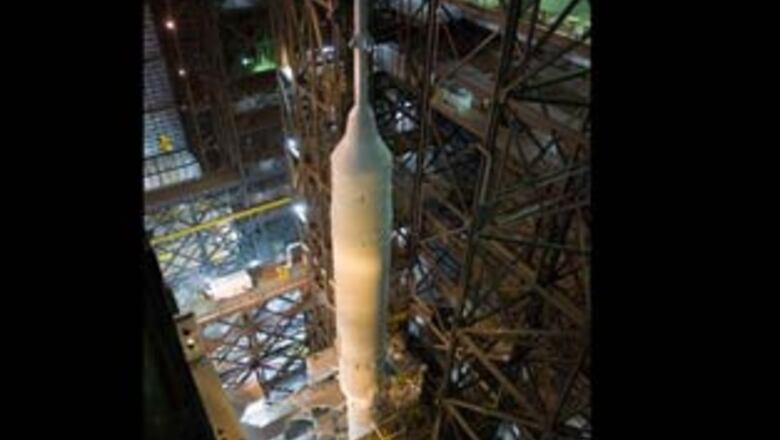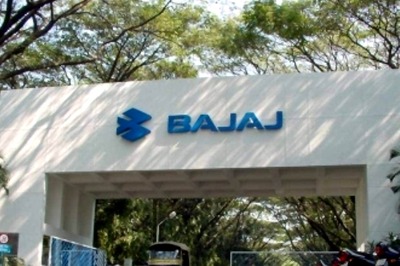
views
Promontory, Utah: A mechanical failure forced a NASA contractor on Thursday to call off the first test firing of the main part of NASA's powerful new moon rocket.
The test wasn't immediately rescheduled as officials scrambled to learn the root cause of the failure.
Alliant Techsystems Inc called off the rocket burn with just 20 seconds left on the countdown clock. Operators cited failure of a power unit that drives hydraulic tilt controls for the rocket's nozzle. The rocket was anchored to the ground in a horizontal position for the test.
It was a setback for a carefully staged, $75 million event that drew thousands of onlookers. Alliant hoped the routine test would prove the performance of a new program for space exploration that, like the test rocket, may not fly because of NASA budget problems.
There was no indication anything was wrong with the rocket itself, which packs £1 million (450,000 kilograms) of chemical propellant, enough to boost a 321-foot-long (100-meter-long) vehicle 190,000 feet (58,000 meters)into the atmosphere.
At a news conference in Utah, officials said the power unit for the nozzle controls, which steer a rocket in flight, was robbed of fuel, apparently because of a faulty valve.
That had potential implications for the space shuttle, which uses a nearly identical system. Officials in Utah notified their counterparts at the Kennedy Space Center in Florida, where NASA has had to twice delay the launch of Discovery for other reasons.
The Ares test problem could introduce a new delay in the launch of Discovery, previously set back because of weather and again because of a problem with a different shuttle fuel valve.
Shuttle Managers said on Thursday they will examine what went wrong with Ares and decide by on early Friday whether to go ahead with a launch set for 2359 hrs (local time).
In Utah, Alliant executives said their valve problem had never before emerged to scrub a rocket's test firing. Engineers could have fired the rocket anyway, but they halted the two-minute burn because they wouldn't have been able to test the agility of the rocket nozzle.
"This test is really important to the program, and it's a rare occurrence to have a problem with a booster," said Alliant's General Manager for launch systems, Charlie Precourt.
The delay would add no more than a few million dollars to the $75 million cost of making and testing the rocket, said a NASA manager for the Ares booster rocket, Alex Prisko.
The Ares rocket is the centerpiece of the plan started by President George W Bush to send astronauts back to the moon by the year 2020 and then on to Mars.
That plan, and all of NASA's human space program, is under review by a special independent panel, which will make recommendations to President Barack Obama on Monday. Some space experts expect the Ares rocket program, which has already cost $7 billion, will be modified or canceled.
But Thursday's glitch won't be a reason for that, experts said.




















Comments
0 comment